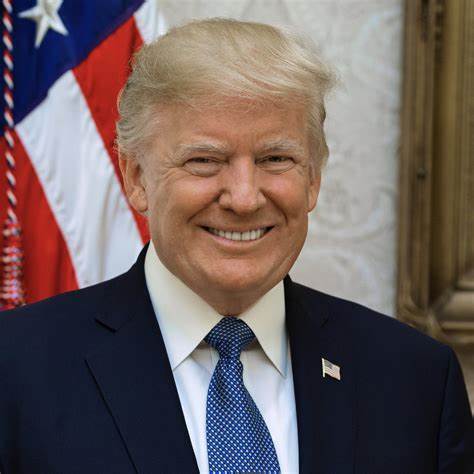
New NATO Secretary General Mark Rutte Praises President-Elect Donald Trump for Defence Spending Push
A shift in U.S. and European relations appears certain as Donald Trump prepares to assume office for a second term. Trump, who has long been a critic of under-spending among NATO allies, is receiving praise from new NATO Secretary General Mark Rutte for encouraging member nations to increase their defence budgets. Rutte, who took the reins as Secretary General amid ongoing conflict in Ukraine, publicly congratulated Trump, acknowledging the former president’s impact on NATO defence spending as crucial to European security.
However, Trump’s return to office has raised questions about how his stance on global alliances might shape NATO’s approach to Russian aggression and the ongoing war in Ukraine. NATO allies and American foreign policy experts are watching closely, as Trump’s outspoken admiration for Russian President Vladimir Putin and advocacy for a rapid end to the Ukraine conflict have sparked concerns over Washington’s long-term commitment to supporting Kyiv.
In a recent Atlantic Council briefing, John Herbst, former U.S. ambassador to Ukraine and current senior director at the Atlantic Council’s Eurasia Centre, underscored these concerns. “It’s essential for us to stop [Russian President Vladimir] Putin in Ukraine, and what Trump means for that is still unclear,” Herbst said. He highlighted how Trump’s inner circle, including former CIA Director Mike Pompeo and former National Security Advisor Robert O’Brien, may influence his decisions on Ukraine, possibly countering Trump’s more dovish inclinations.
Herbst went on to predict that Trump could face pushback from within his party if he opts for a ceasefire or peace negotiation favourable to Russia. “If he listens to the advice of the naives and begins to put into place a ceasefire or peace negotiation that clearly favours Russia, he will be called out by many, including Republicans, for being a ‘patsy’ for Putin,” he remarked. Trump’s recent conversation with Ukrainian President Volodymyr Zelensky, shortly after clinching the election, hints at the importance of Ukraine in upcoming U.S. foreign policy decisions.
Other experts at the briefing, including Matthew Kroenig, vice president for the Scowcroft Centre for Strategy and Security, and Rachel Rizzo, Atlantic Council senior fellow, echoed Herbst’s cautious outlook. Both expect Trump may try to negotiate a settlement with Russia as part of an effort to project strength on the world stage. Rizzo noted, “He’ll want to start his presidency looking like a leader rather than handing Ukraine to Russia and looking like a capitulator.”
Despite this diplomatic balancing act, Rutte’s praise underscores NATO’s unified priority on increasing defence budgets. He aims to push all NATO members toward stronger military readiness and deterrence capabilities, viewing these as vital in countering security threats.
For now, the world is left to speculate on how Trump’s return to office will shape U.S.-NATO relations and the broader Western response to Russia. The interplay between Trump’s advisors, party critics, and NATO allies like Rutte will likely be critical in determining the trajectory of the alliance’s policy toward Ukraine. Rutte’s statements suggest he believes that with NATO’s strengthened defence posture, the organization can withstand the potential changes Trump’s administration may bring, continuing to stand as a deterrent force against Russian aggression in Europe.



